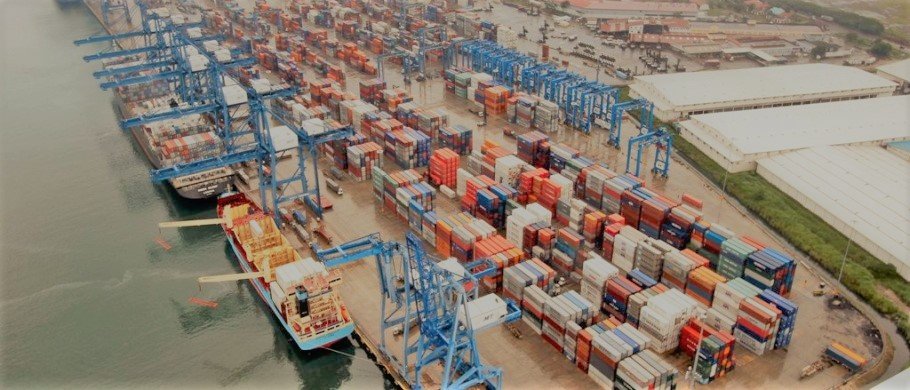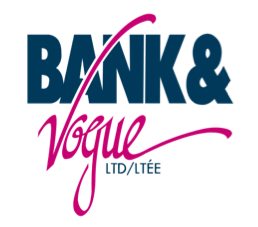Global Trade Tariffs, NAFTA, and Used Clothing
Much has been said lately about the U.S. Administration’s strategy on global trade and its trade policy. No one seems to have a clear sense whether that would have a direct impact on the used clothing sector. Maybe because the truth is there’s a lot up in the air right now.
In such a global industry like ours, a protectionist policy might put pressure on international markets overall, slowing down the trade of second hand clothing between nations. On the other hand, a protective approach could be beneficial for our industry. We saw this with the recent resolution to the dispute of the ban of used clothing in the Eastern African Community.
The negotiation of the “new NAFTA” raises special interest, as it involves a large number of American used clothing sellers – charities and private collectors – as well as Canadian graders. When asked about that, members of our industry association – SMART – said that they do not expect a direct impact on used clothing in terms of a change in duties or rules of origin (which helps determine whether an item receives preference). But, again no one can claim the results of these negotiations as of today.
The November midterm elections, and potential changes – or not – to the House and Senate, should give us more insight on this matter. Until then, thrift stores, private collectors, brokers, graders, and final customers overseas, will keep doing what we believe is best for our society and the environment: recycling used clothing and accessories.
Hurricanes, Again
As if we were farmers, those in the used clothing recycling industry also look at the sky to forecast the weather – along with our operations! Whether this year we name the hurricane Alberto or Florence, they all share something in common: they are destructive, generate big damage and unfortunately, cause fatalities. Thankfully, we with many donors, volunteers, and charity organizations support the disaster relief actions.
The role of used goods recyclers is to help charities to raise funds to support their programs. We do that by finding new homes for the excess of donations, and monetizing those discards. Inclement weather also restrains us from our objectives to move product and generate resources for those in need.
As some maritime ports and domestic trade routes in the East Coast are closed for safety reasons, this is causing a backlog of product in the thrift store warehouses. The advice is to remain patient, as we do our best to move this product fast and safely.
The Big Demand for Linens and Bric Brac
It is not that common that supply and demand of one given product comes together at the same time. Those producing salvage linens and bric brac in North America, will be glad to know that customers in Guatemala, Chile or Pakistan are looking for those high demand products. Whether you lead the salvage recycling program at a thrift store, or you are a private consolidator, you should target those markets overseas for your products.








